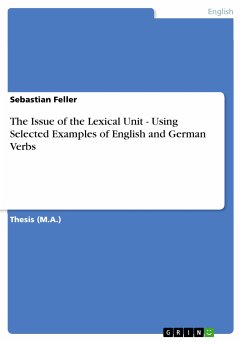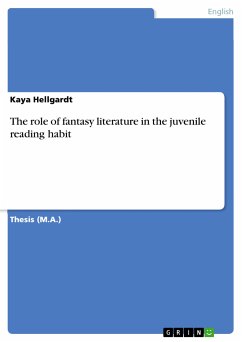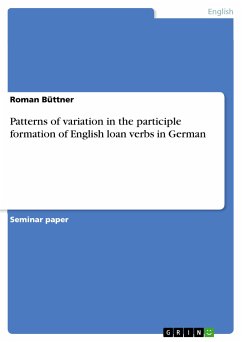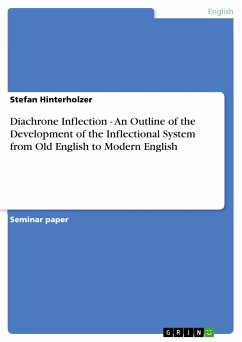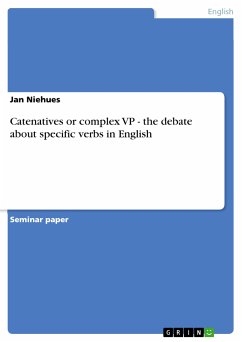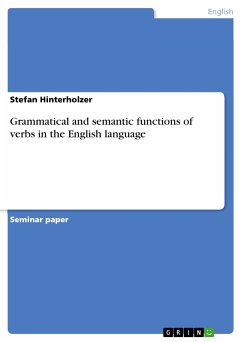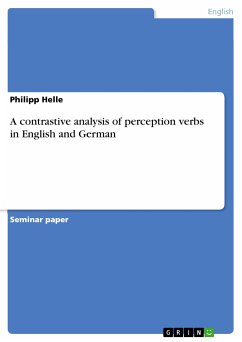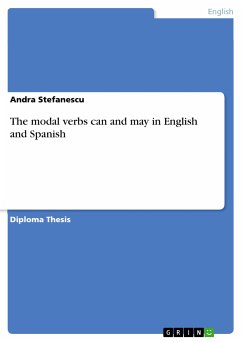Thesis (M.A.) from the year 2006 in the subject English Language and Literature Studies - Linguistics, grade: 1,3, University of Münster, language: English, abstract: In the light of de Saussure’s definition of the linguistic sign and Chomskyan generative grammar, a great number of Linguists1 of the second half of the 20th century used to define language primarily in terms of an artificially constructed autonomous sign system. From this traditional point of view, the field of linguistics did not see beyond the construct it had created resulting in the deformation of the object of study, language-in-use. The pragmatic turn of the 1960s brought along what one might call the ‘Copernican revolution’ in linguistics. In this connection, Martinet pointed at one of the most fundamental prerequisites of well-conducted scientific research, in that he rejected firmly any scientific proceeding that sacrifices the integrity of the object of study to methodological exigencies. On the contrary, the object itself, language in use, dictates to a great extent the methodology of the researcher. In the course of this treatise, I discuss, in the context of the above-mentioned assumptions, the issue of the lexical unit. Thereby, I will concentrate on the two conflicting definitions given, on the one hand, in the form of the one-word lexical unit and, on the other, in the form the multi-word unit. During my argumentation, I attempt to provide sufficient evidence in favour of the multi-word lexical unit showing that the equation of the single word with a unit of meaning needs to be overcome ultimately. This treatise comprises both a theoretical and an empirical part. The former lays the theoretical foundation for the empirical investigation put forward in the course of the methodological section. After the obligatory sketch of the research background, I introduce the reader to the basic assumptions of Weigand’s pragmatic model. Looking at lexical semantics, the universal level of contrastive studies is kept in the foreground. In this context, I primarily concentrate on the definition of predicating fields and meaning positions as well as the principle of meaning equivalence. In addition, the theoretical introduction will offer some preliminary remarks on the expression side.

